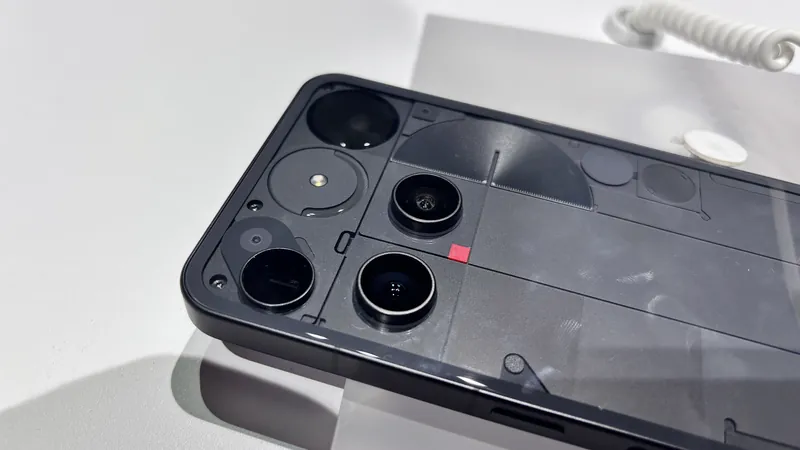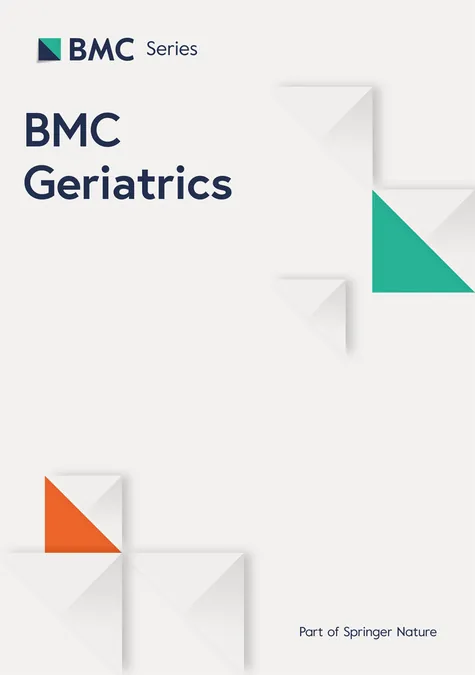
Unveiling the Generational Divide: Gen Z vs. Millennials - A Deep Dive into Mental Health, Aspirations, and Spending Habits
2024-09-27
Author: Emily
A groundbreaking survey has shed light on the striking differences and alarming similarities between Generation Z and Millennials, revealing a startling trend in mental health challenges. The "2024 Zillennial Study," conducted by the research firm Leger, indicates that anxiety is a pressing issue for both generations, with a staggering 75% of respondents reporting experiences of anxiety, and nearly half admitting to bouts of depression.
The extensive survey involved over 3,000 participants, spanning the age groups of Gen Z (12 to 27) and Millennials (28 to 43). Questions covered a range of critical topics, including mental health, financial habits, substance use, and long-term aspirations, painting a comprehensive picture of these younger generations.
The findings highlight that while both groups struggle with anxiety, Millennials report a slightly higher incidence of depression—51% compared to 44% in Gen Z. Alarmingly, roughly one in six individuals across both cohorts has sought medication within the past year to manage their mental health concerns.
A notable divergence between the two generations emerges in their drinking habits. The study revealed that Gen Z appears to be moving towards a more abstinent lifestyle, with 22% of those aged 18 and older claiming to have never consumed alcohol. Additionally, 15% report having previously consumed alcohol but no longer do.
When it comes to long-term life aspirations, the differences become even more pronounced. An impressive 87% of Millennials aspire to own homes and become parents, whereas only 61% and 67% of Gen Z share these dreams, respectively. This generational shift may reflect changing societal values and economic realities that shape their outlook on the future.
The study also delves into identity, with Gen Z placing a significant emphasis on gender and religion. Twenty-seven percent of Gen Z respondents identified gender as their most crucial aspect of identity, compared to just 19% of Millennials. For religion, the gap was 22% in Gen Z versus 14% in Millennials. Interestingly, a quarter of Millennials expressed indifference towards their identity, while only 15% of Gen Z felt the same.
Financial habits reveal another layer of disparity between these generations. Approximately half of respondents from each group reported living paycheck to paycheck, with 45% of Gen Z and 52% of Millennials in that situation. However, Millennials allocate a more significant portion of their earnings—37%—to housing costs. In contrast, Gen Z spends only 24% of their income on housing, possibly hinting at differences in living arrangements and lifestyle choices.
Overall, the survey underscores that both generations are dedicating around 65% of their budgets to essential expenses, including housing, food, transportation, and healthcare. As these younger cohorts navigate their unique challenges and aspirations, their spending habits and mental health struggles reveal complex landscapes of identity, growth, and resilience.
In a world where economic pressures and mental health issues run rampant, understanding the distinct needs and priorities of Gen Z and Millennials is crucial for building a more supportive society moving forward. What does the future hold for these generations? Only time will tell!









 Brasil (PT)
Brasil (PT)
 Canada (EN)
Canada (EN)
 Chile (ES)
Chile (ES)
 Česko (CS)
Česko (CS)
 대한민국 (KO)
대한민국 (KO)
 España (ES)
España (ES)
 France (FR)
France (FR)
 Hong Kong (EN)
Hong Kong (EN)
 Italia (IT)
Italia (IT)
 日本 (JA)
日本 (JA)
 Magyarország (HU)
Magyarország (HU)
 Norge (NO)
Norge (NO)
 Polska (PL)
Polska (PL)
 Schweiz (DE)
Schweiz (DE)
 Singapore (EN)
Singapore (EN)
 Sverige (SV)
Sverige (SV)
 Suomi (FI)
Suomi (FI)
 Türkiye (TR)
Türkiye (TR)
 الإمارات العربية المتحدة (AR)
الإمارات العربية المتحدة (AR)